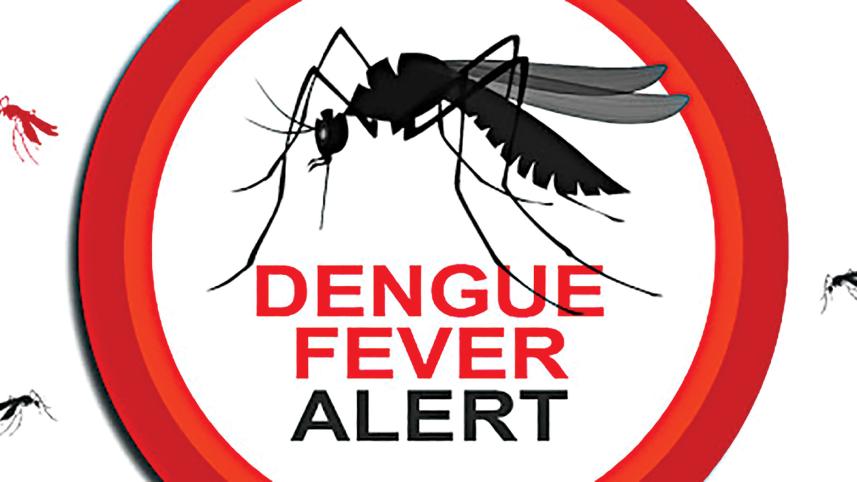Dengue an added worry amid Covid-19 surge

As the country is encountering its worst phase yet of the Covid-19 pandemic, a dengue surge is becoming a fresh cause for concern. The number of dengue cases in June 2020 was only 20. This year, June recorded a staggering 225 dengue cases countrywide, a steep rise from 43 cases in the previous month. Until Wednesday, the total number of cases this year stood at 565, with one life lost to the dengue virus. If this goes on without interventions, experts fear we may have to see a dengue crisis similar to that of 2019, when 1,01,354 cases and 179 deaths had been recorded.
The government must urgently focus on controlling the population of Aedes mosquitoes and larvae, which are the vector of the dengue virus. Aedes mosquitoes thrive in the monsoon season, between the months of June and August. The number of infection cases will also rise during these months, and given the unbearable strain that the Covid-19 surge has put our healthcare system under, experts opine that the situation may become too much to handle if the number of dengue cases also continues to rise. As an associate professor of Shaheed Suhrawardy Medical College and Hospital told this daily, doctors will struggle to treat patients infected with both Covid-19 and dengue as the anti-coagulants used for a coronavirus patient cannot be used for a dengue patient with a platelet count of under one lakh. Needless to say, the prevalence of both viruses will result in more fatalities.
A report by The Daily Star reveals that in December 2019, there had been plans by the Ministry of Local Government, Rural Development and Cooperatives (LGRD) to modernise the capital's Mosquito Control Department and put in place a vector management policy. Controlling the Aedes mosquito population was also part of this plan. Though the draft for a vector management policy to research and control Aedes mosquito population is in its final stages, as the LGRD minister told this daily, the current rate of dengue infections indicates that we may not have enough time to wait for the policy to be finalised, and that immediate preventive measures must be taken at all levels to stamp out this new surge while we still can.
At the community level, people must be made aware of the spread of the dengue virus. They must make sure there are no receptacles with stagnant water. Water stored for household use must be changed at least once a week as Aedes mosquitoes can breed even in clean water. We urge the two city corporations of the capital to continue their awareness campaigns and to keep spraying adulticide and larvicide in hospitals and in and around dengue patients' homes. However, we would also urge the government to not keep these preventive measures centralised to the capital, as was the case for the recent Covid-19 surge before the countrywide strict lockdown was imposed last week.



 For all latest news, follow The Daily Star's Google News channel.
For all latest news, follow The Daily Star's Google News channel.
Comments